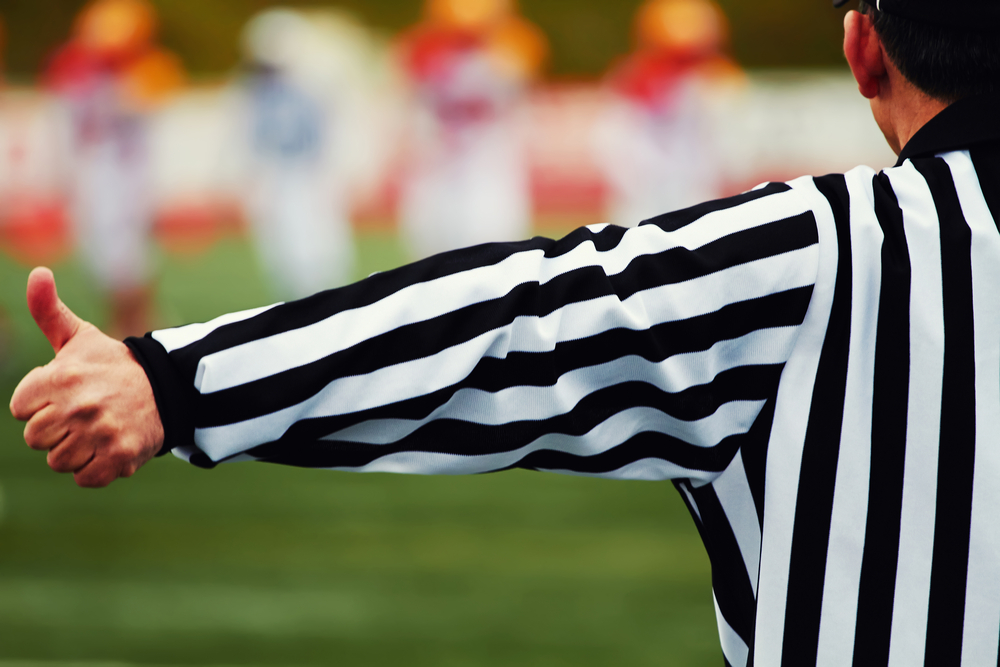Michael Munger is a political science professor and the director of the PPE program at Duke University.
On this episode of EconTalk, Russ Roberts and Michael Munger talk about F. A. Hayek’s conception of rule of law—both formal and informal rules—and their interaction with conflict in sports. Revisiting this fascinating discussion, we look at the current state of rules in sports and how Hayek, Ronald Coase, and the Peltzman effect can help us understand the relationship between rules and value.
1- Roberts and Munger frame their discussion of the interaction between formal and informal rules in sports from a Hayekian standpoint. Munger argues that the informal rules, what he calls ‘The Code,” may be more important than the formal rules in each sport.
Which informal rules do you find the most appropriate in your favorite sport? Think about Munger and Roberts’ discussion of “stars.” How vulnerable are refs and umpires to relaxing formal rules for the biggest names in each of the major sports?

2- Each major sport continues to evolve its practices with the goal of producing more entertainment value, but how do they protect and cultivate value? People want to see the stars of the game playing all the time, and for players, the cost of injuries is greater than ever with their contracts seeing new peaks each year.
How have the formal rules or the equipment rules of each sport been enhanced to protect their stars? How can the NBA fix the new problem of ‘load management’ that seems to be hurting the product of basketball on a nightly basis?
3- Roberts and Munger discuss the Peltzman effect, which is a form of moral hazard where people will act with more risk when they are consciously or subconsciously feeling insulated from harm from some form of protection like seatbelts or insurance. In sports, the Peltzman effect results from heightened safety measures, like helmets being used in more physical contests.
What might be some sports injuries that are inflated by the Peltzman effect? To what extent is it beneficial for athletes to feel safer while playing their sport? Do the resulting risk-taking behaviors bring injuries to higher equilibriums? When do safety measures and equipment upgrades go too far?
4- In football, there is a familiar system of market value where certain players are very replaceable while others hold the utmost value. Roberts and Munger note the importance of the quarterback for the game, while linemen are replaceable, and suggest that this is reflected in the formal rules of the game.
To what extent is there a problem with the lack of protection for non-quarterbacks? Should the NFL always operate according to scarcity and the resulting market value of different position players? Reflecting on the brand of modern football being played, and the relative injury risk for each position, how have body types evolved in the NFL?
5- Major League Baseball has made numerous formal rules changes this season to increase the game’s entertainment value and allow for its star players’ athleticism to shine. As mentioned earlier, the cost of injuries has become extremely high for players. In recent years, hit batsmen and retaliation have decreased dramatically. The informal rule of showing-up the opposition or the umpire still stands, but overall, the escalation of ejections and bench-clearing is down significantly from previous years.
What are your predictions for the informal rules that will come out of MLB’s drastic formal rule changes? Thinking about Coase, what are the new transaction costs which might prompt private bargaining between players? To what extent is this net positive?
6- Roberts and Munger point to Hayek’s idea of local information and traditional changes which bring about efficient informal rules to address transaction costs as the reason for the different codes in each sport.
In your life, what are peculiar informal rules which have developed from the standards of the environments you frequent? What is an informal rule that has brought about sustained, inefficient outcomes, and why?
[Editor’s Note: This Extra was originally published on July 20, 2023.]
Brennan Beausir is a student at Wabash College studying Philosophy, Politics, and Economics and is a 2023 Summer Scholar at Liberty Fund.


Comments are closed.